Presented by Society for History of Czechoslovak Jews
Wednesday, APRIL 27, 2011 at 7.00 pm – Lecture 3
 “Being Jewish in Slovakia and Poland after the Second World War”
“Being Jewish in Slovakia and Poland after the Second World War”
Anna Cichopek-Gajraj, University of Western Ontario
After the Second World War, the Czechoslovak and Polish state redefined the boundaries around its national/ethnic community, defining anew who belonged and who did not. The process primarily involved the redefinition of criteria for citizenship. Of all the people negotiating recognition as citizens, few faced more challenges than the Jewish returnees and their communal leaders.
In her talk, Anna Cichopek-Gajdar will discuss how Jewish survivors in postwar Slovakia and Poland struggled to get citizenship through dialogue and conflict between their representatives, local administration and the central governments. By focusing on the daily efforts of Polish and Slovak Jews to rebuild their lives, she investigates the limits of belonging to national/ethnic communities in Central Eastern Europe after the Holocaust.
Anna Cichopek-Gajraj is a Visiting Assistant Professor at the University of Western Ontario (until spring 2011) and an Assistant Professor at the Arizona State University. She earned her Ph.D. in History from the University of Michigan in Ann Arbor and has an M.A. in History from the Jagiellonian University in Cracow, Poland. Her M.A. thesis on the anti-Jewish pogrom in Cracow in August 1945 was published as a book in 2000 in Poland. She also contributed to Contested Memories: Poles and Jews during the Holocaust and its Aftermath (Zimmerman, 2003).
The event takes place at Bohemian National Hall, 321 East 73rd Street, New York, NY.
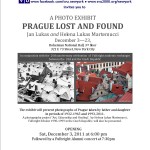 Photographs of Prague from 1932-1965 by renowned photographer Jan Lukas, and by his daughter Helena Lukas Martemucci from 1993-2011. Photos from Martemucci’s series Art, Citizenship, Healing, taken during her Fulbright Scholarship in 1998-1999, will also be presented. Exhibition open Dec 3 – 23, 2011
Photographs of Prague from 1932-1965 by renowned photographer Jan Lukas, and by his daughter Helena Lukas Martemucci from 1993-2011. Photos from Martemucci’s series Art, Citizenship, Healing, taken during her Fulbright Scholarship in 1998-1999, will also be presented. Exhibition open Dec 3 – 23, 2011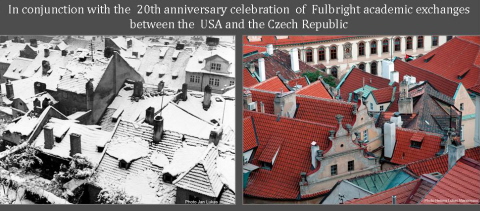
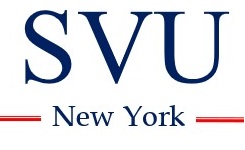
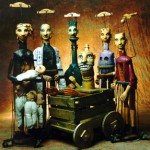 Czechoslovak American Marionette Theater atÂ
Czechoslovak American Marionette Theater at 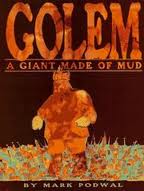 Tuesday, November 8 at 7PM
Tuesday, November 8 at 7PM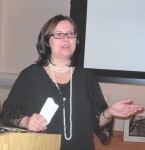 Sylva Pavlasová studied Egyptology and Prehistoric and Early Historic Archaeology at Charles University in Prague. As a curator of the Egyptology Department of the Náprstek Ethnic History Museum in Prague, she produced several exhibitions on Ancient Egypt, including a special exhibition for the blind which was also shown in Slovakia, Egypt, Australia and the United States. She served as cultural attaché in Egypt (1999- 2003), deputy chief of mission and chargé d´affaires at the Czech Embassy in Lebanon (2003-2006), a specialist at Middle East Department of the Ministry of Foreign Affaires in Prague (2006-2009).
Sylva Pavlasová studied Egyptology and Prehistoric and Early Historic Archaeology at Charles University in Prague. As a curator of the Egyptology Department of the Náprstek Ethnic History Museum in Prague, she produced several exhibitions on Ancient Egypt, including a special exhibition for the blind which was also shown in Slovakia, Egypt, Australia and the United States. She served as cultural attaché in Egypt (1999- 2003), deputy chief of mission and chargé d´affaires at the Czech Embassy in Lebanon (2003-2006), a specialist at Middle East Department of the Ministry of Foreign Affaires in Prague (2006-2009).
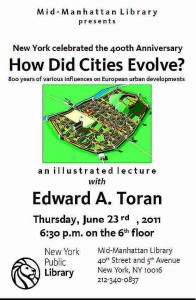
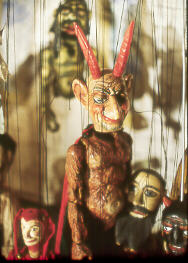 A Special Performance at
A Special Performance at 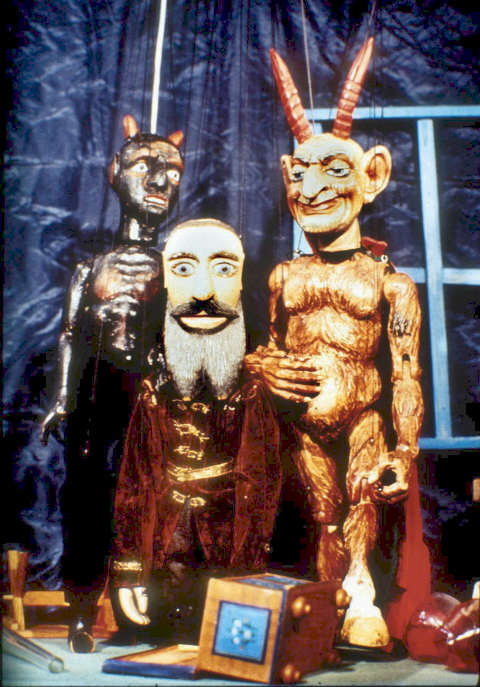
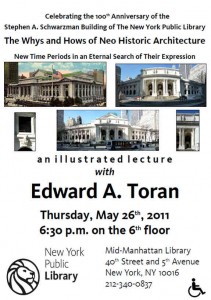
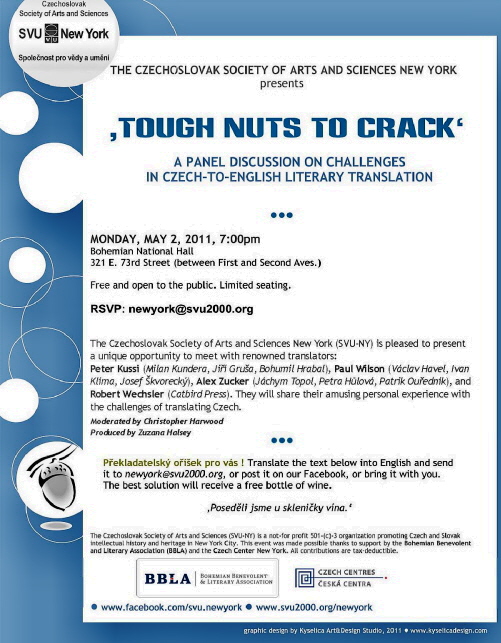
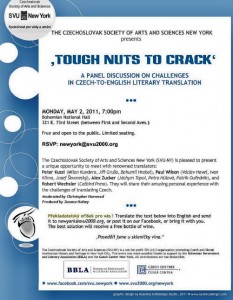

 “Being Jewish in Slovakia and Poland after the Second World War”
“Being Jewish in Slovakia and Poland after the Second World War” Thursday, March 24, at 7 pm
Thursday, March 24, at 7 pm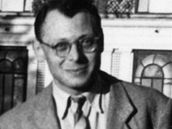 A slide show and readings by family and friends.
A slide show and readings by family and friends. “The Emergence of Slovak Jewish Identity in Interwar Czechoslovakia”
“The Emergence of Slovak Jewish Identity in Interwar Czechoslovakia” “Imperial Embraces and Local Challenges:
“Imperial Embraces and Local Challenges: